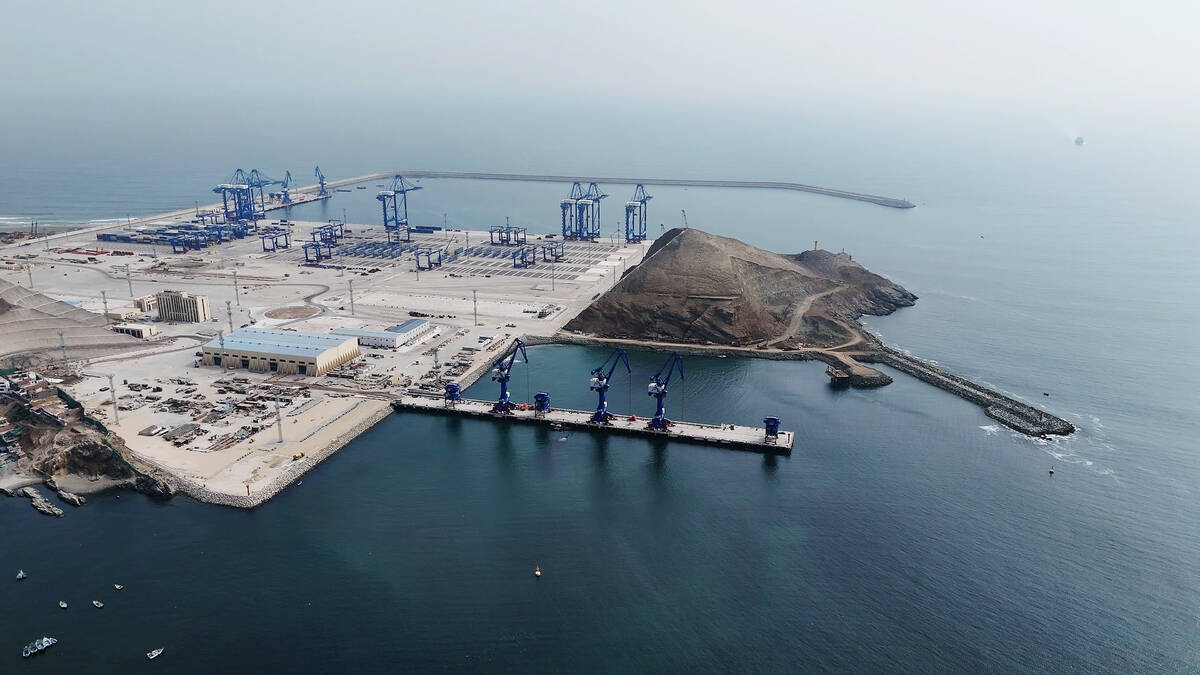An amendment to an obscure federal-provincial agreement on interprovincial trade has the Canadian Federation of Agriculture accusing ministers of undermining agriculture and ignoring farmer advice.
CFA president Laurent Pellerin accused governments of paternalistically believing “that they know best” because ministers refused to meet with CFA or show it the proposed text before it was approved last week.
“Our lawyers looked at the text this morning and confirmed that this is not safe for us,” an angry Pellerin said Oct. 16 from his Quebec hog farm.
Read Also

Geopolitics can change trade routes
WHISTLER, B.C. — Today’s geopolitical tensions could have dire long-term consequences, says the director of international policy at the University…
The change was agreed to the day before at a Whitehorse meeting.
While supply management was excluded from the changes, ministers agreed that provincial “technical measures” such as content compositional standards or packaging requirements that make it difficult to trade food products across provincial boundaries can be challenged before trade resolution panels.
In a communiqué issued after the meeting, ministers from 10 provinces and two territories (Nunavut is not a member) said this was an important advance.
“It constitutes a major improvement over the current chapter as it extends its coverage to all technical measures related to agricultural products,” they said. “This will further facilitate interprovincial trade for the benefit of all Canadians including producers and processors.”
Ottawa food issues lawyer and former Canadian Food Inspection Agency president Ron Doering said he thought the change would not amount to much, but a dairy processor industry leader had a different view.
“From a dairy processor point of view, it is very encouraging and positive because this really says everything is on the table,” Dairy Processors Association of Canada president Don Jarvis said.
He said dairy product manufacturers face many interprovincial barriers to trade, sometimes making it more difficult to trade between provinces than to export.
“Any time there is a disconnect between the trade ideal and provincial regulations can now be challenged.”
Pellerin said the amendment could allow panels of trade lawyers to overturn provincial orders that set rules for organic label requirements or content requirements for certain products.
“Farmers will not be represented at those hearings,” he said. “It is an open door to contest provincial rules and standards. It will lower us to the lowest common denominator for food product rules.”
He said that while the agreement exempts supply management, “there is no definition of supply management in the agreement. What is exempt?”
Since the agreement must be a signed by all governments, CFA and its affiliates will lobby agriculture ministers to change it or block signatures.
The brouhaha started the previous week when farm leaders discovered that federal and provincial ministers meeting in Whitehorse for an annual session on the Agreement on International Trade would agree to revisions in the agricultural chapter of the agreement.
Pellerin asked to meet federal and provincial ministerial co-chairs and to have a look at the proposed changes. He said they did not agree to the request for a meeting and kept the text secret.
He called the secrecy and the lack of farmer consultation inexcusable. Rubbing salt in the wound, ministers invited the Canadian Federation of Independent Business to Whitehorse to brief them on the damage of interprovincial trade barriers to small business.
“Why did they get invited when ministers wouldn’t even talk to us?” the CFA president said.
In Ottawa, food issues lawyer Doering said the point of the AIT is to apply international trade rules to domestic trade, requiring a scientific justification for protectionist policies.
He also noted that the agreement on making technical rules on agricultural products subject to challenge has a large loophole.
“Each party shall ensure that its technical measures have a scientific, factual or other reasonable basis and that where appropriate, such technical measures are based on an assessment of risk,” said the agreement.
“I’d like a definition of ‘other reasonable basis’ and ‘where appropriate,’” said Doering.
He also noted that one of the largest interprovincial trade barriers is the inability to sell meat from a provincially regulated slaughter plant to another province. “That trade barrier is totally appropriate,” he said.














